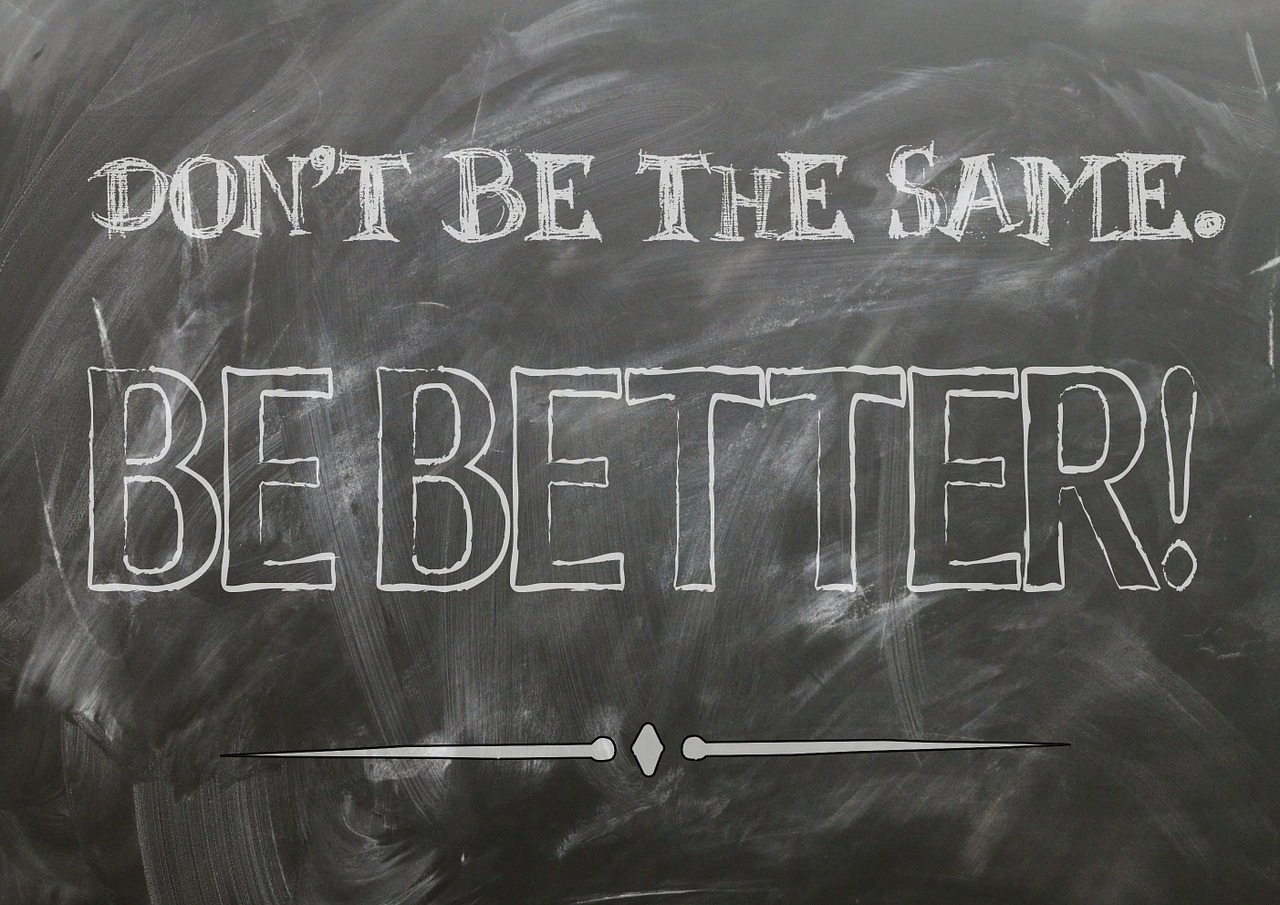We all know that listening to music yields all sorts of benefits for both our bodies and our minds. Listening to music, in particular, affects our mental health in a plethora of ways, such as alleviating depression, increasing positive emotions, and even increasing our focus. A quick survey of many high achievers in history gestures toward the association of music and mental acumen: Alan Greenspan, the former Chairman of the Federal Reserve was a professional clarinet and saxophone player. The hedge fund billionaire Bruce Kovner was a pianist who took classes at Juilliard, and Condoleezza Rice studied to be a concert pianist. Beyond the obvious, however, music has several effects on our mental health that may surprise you. Read on to learn three mental facts about music that you probably didn’t know.

Music Can Boost Your Memory
It is well known that music stimulates various parts of the brain that affect emotion and motivation. But did you know that music can also improve memory? For example, when social worker Dan Cohen created individualized playlists on an MP3 player for patients suffering dementia, some patients who had seemed unable to speak, proceeded to sing and dance to the music. To Cohen’s surprise, they were also able to remember when and where they had listened to that music. In exciting ways, the music seemed to unlock the patient’s memory vaults. You may have seen the 2014 award-winning movie, Alive Inside, which is based on Cohen’s actual work.
Music can also help brain-injured patients recover from their injuries. For example, Former Representative Gabrielle Giffords used music therapy to learn to speak again two years after she was shot in the part of the brain responsible for her ability to speak. She was able to recover enough to testify before a Congressional committee. Additionally, researchers in Finland found that when stroke patients listened to music for two hours every day, not only did their moods improve, their verbal memory and attention improved as well.
Music can even boost the memories of healthy people. Specifically, researchers have shown that listening to music helps students remember what they are learning and studying. A variety of factors may be involved in the association of music and memory, such as the type of music being listened to, the listener’s enjoyment of a particular type of music, and even how much musical training the listener has.
Recommended: Why Meditation Is So Life Changing: 6 Reasons to Meditate Every Day
Musically trained students, for example, tended to perform better on tests when they listened to neutral music, perhaps because this type of music was less distracting. Students who were not musically trained learned better when the listened to more positive music, possibly because this type of music created positive emotions without interfering with memory formation. In short, it’s important to note, that not everyone’s memory responds to music in the same way, so think twice before blaring your favorite tunes while your roommate is trying to study.
Music Affects Your Appetite
You may have tried several diets to lose weight, but have you tried listening to music? Studies have shown that listening to mellow music and dimming the lights can encourage healthy eating habits while reducing junk food intake. Apparently, the ambient lamps and chill music help consumers relax and eat more slowly. Because it takes about 20 minutes for our brains to get the message that we’re full, it’s easy to overeat. Eating more slowly allows time for our brains to get the message that we should stop eating.
In contrast, consumers who ate in restaurants with louder music and brighter colors were more likely to feel distracted, which, in turn, made them more likely to eat more food and to eat more quickly. Unlike restaurant patrons listened to slower music, these customers were less likely to tune in to their body’s hunger/satiated cues.
Surprisingly, while the tempo of music didn’t significantly influence the amount of food a customer purchased, it did influence their amount of alcohol and bar purchases. When the temp was slower, people tended to buy more drinks than when the music was more fast-paced.

Christmas Music Can Be Bad for Your Mental Health
While the sounds, smells, and sights of Christmas can boost a person’s spirit, studies show that listening to Christmas music can actually negatively affect mental health. Specifically, one psychologist stated that Christmas music can make us feel trapped because it acts as a reminder of all the tasks we need to do to prepare for Christmas, such as buying presents and organizing parties. In fact, a recent Consumer Report survey found that an upwards of 23% of Americans dread holiday music.
Listening to Christmas music is particularly draining for people who work in places where Christmas music is on constant replay. People who worked in these types of work areas spend a significant amount of time and energy trying to ignore the constant background music. Called “mere exposure effect,” after the tenth or twentieth time listening to a song causes annoyance, boredom, and even distress. So, for those who work in retail, you may want to buy earplugs to prevent your brain from becoming saturated with Christmas jingles. Just as a side note, according to Spotify, Michael Buble’s Have Yourself a Merry Little Christmas and Bing Crosby’s “White Christmas” top the list of the most streamed tunes.
Recommended: What to Do When You Are Feeling Lonely and Sad: 7 Things to Do
Conclusion
Regardless of your taste in music, it’s clear that listening to it affects our mental health in surprising and often overlooked ways. While too much of the same music can cause mental distress, in general, music can open exciting pathways to creative thinking and sharpen the ability to focus on multiple issues. Music can be a mental analog to everyday life and a way to push beyond the ordinary. And, perhaps most importantly, while music may not make you rich or a genius, it is almost always a pleasure to experience.
Works Cited:
Fabiny, Anne, Dr. “Music Can Boost Memory and Mood.” Harvard Health Publishing. February 2015. AccesseD: October 22, 2018.
McElwain, Aoife. “Can Music Affect Your Appetite?” The Irish Times. August 17, 2016. Accessed: October 22, 2018.
O’Kane, Caitlin. “Christmas Music May Take a Mental Toll, Psychologist Says.” CBS News. November 9, 2017. Accessed: October 22, 2018.

Please click below to subscribe and to follow us on social media:
Click here to follow us via E-mail!
Click here to follow us on Facebook!
Click here to follow us on YouTube!
Click here to follow us on Instagram!
Click here to follow us on Twitter!


 15 Best Inspirational Movies That Teach to Never Give Up
15 Best Inspirational Movies That Teach to Never Give Up
 50+ Best Self-Help Books That Will Change Your Life Forever
50+ Best Self-Help Books That Will Change Your Life Forever
 Short Motivational Stories of Failure and Success That You Must Know
Short Motivational Stories of Failure and Success That You Must Know
 What to Do When Someone Is Better Than You? – Dealing with Jealousy
What to Do When Someone Is Better Than You? – Dealing with Jealousy
 10 Examples Where the Power of Positive Thinking Kicks Ass!
10 Examples Where the Power of Positive Thinking Kicks Ass!

Leave a Reply